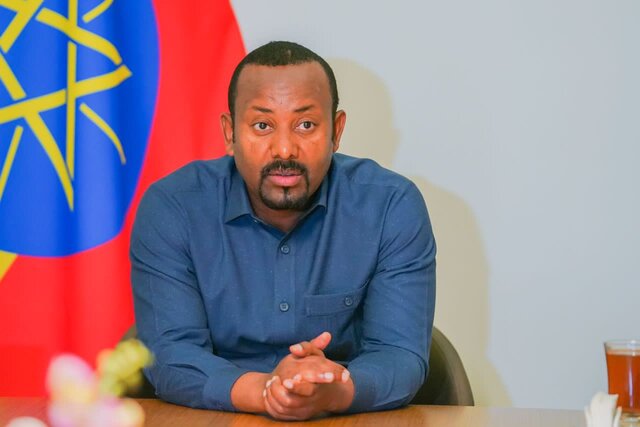Addis Ababa – Supporters of Ethiopia’s warring factions are exploiting increasingly advanced technology and poor media literacy to spread disinformation that provokes anger between ethnic groups, risking fresh violence, experts warn.
Ethiopia, Africa’s second most-populous nation with 120 million people, has deep political divisions and a complex patchwork of ethnicities that have fuelled decades of internal conflict.
That makes fertile ground for false claims to spread among Ethiopia’s 36 million online users, with AFP Fact Check debunking numerous doctored videos in recent months.
They have ranged from misleadingly edited speeches by Prime Minister Abiy Ahmed to a false announcement that a rebel leader had died.
A lack of media literacy is “aggravating pre-existing conflicts” and “giving rise to new socio-political challenges,” said journalism lecturer Workineh Diribsa of Jimma University.
Media literacy is the ability to understand and analyse news stories, videos or other content such as memes to independently determine whether they could be fake or misleading.
Easy video manipulation
The brutal two-year war in the northern Tigray region ended in November 2022, but there are multiple ongoing conflicts, including against rebels in the Amhara and Oromia regions.
AFP Fact Check investigations have found that all sides spread disinformation to stir tensions and malign opponents.
Previously, text and photo captions were altered. Now, freely available AI editing tools make it easy to manipulate audio and video.
A 2020 video of Abiy addressing the murder of Ethiopian pop star Hachalu Hundessa was doctored to give the impression he was discussing a gruesome beheading in Oromia in November 2024.
Another depicted the fake death announcement of a rebel commander in the Amhara region.
Government supporters circulated a video in July 2024 which used a voice seemingly created with AI to falsely claim that Human Rights Watch had urged the international community to classify the Oromo Liberation Army as a terrorist organisation.
“One can see manipulated speeches of public figures, taking old videos out of context to replace or cut out words to use them for the wrong purposes,” said Norwegian journalism lecturer Terje Skjerdal, who has extensively researched Ethiopia’s media landscape.
“The warring parties in Ethiopia are fighting to control information on social media with increasingly sophisticated disinformation tactics and poor media literacy has made the situation worse,” he added.
‘Highly divided’
Low levels of basic literacy and numeracy among young people fuel the problem, according to a 2024 report by the UN Capital Development Fund.
But the biggest issue is a “lack of engagement” from local media, both state-owned and independent, said civil society leader Befekadu Hailu.
The emergence of disinformation tools also coincided with Abiy’s polarising rise to power and the Tigray conflict.
“Following the political transition in Ethiopia in 2018, the public is highly divided across contending political objectives, which created a fertile ground for conflict actors to use disinformation as tactics to control narratives,” said Befekadu.
He added disinformation creators had a financial incentive to maximise their reach with inflammatory content.
Skjerdal said improving media literacy was key to fighting the normalisation of false and violent content.
“In addition, fact-checking initiatives, as we have seen from independent organisations like AFP, are urgently needed in local languages,” he added.
AFP currently works in 26 languages with Facebook’s fact-checking scheme.
Meta’s recent decision to scrap fact-checking on Facebook and Instagram in the United States has sparked fears the tech giant could drop its third-party programmes across the world.
Follow African Insider on Facebook, Twitter and Instagram
Source: AFP
Picture: X/@AbiyAhmedAli
For more African news, visit Africaninsider.com


